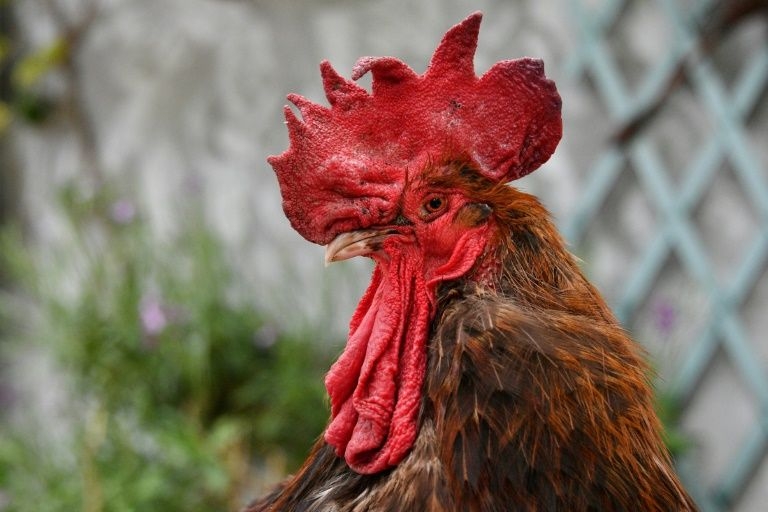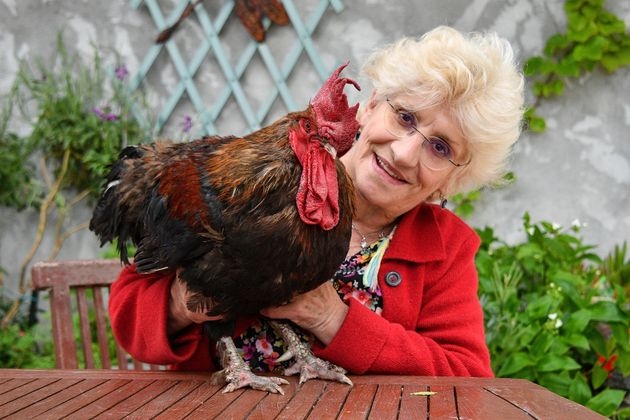 |
|
The rooster is the unofficial symbol of France and the emblem of its rugby and football teams (Photo: Yahoo News) |
Sebastien Verney, Marcel’s owners from Vinzieux, a small village in France’s south-eastern département of Ardeche, said they were “deeply shocked” by the death of their rooster.
“The rural way of life is increasingly under attack from behaviour that is not punished”, Verney was quoted by AFP.
The family have taken their case to court, helped by the Fondation 30 millions d’amis (“the 30 million friends Foundation”), an animal welfare NGO.
They’ve also appealed to public opinion with a petition aiming to “defend animals and rural areas from behaviours that threaten life even in the countryside”.
Marcel, they write, “was showered with love by our children and was our home’s pride and joy, punctuating our daily life with a few songs and his beautiful presence in the henhouse”.
His killing and the “attempted poisoning” of the henhouse have destroyed “the little haven of peace we had built for our family and our animals,” they wrote.
“Our rural activities, our animals, have the right to exist and to live in peace, respected in their specificities and in their being,” they was quoted by Euro News as saying.
The petition has so far garnered 74,500 signatures.
Verney’s neighbour has later admitted to shooting the bird. He has been charged with animal cruelty and unlawful use of a weapon among other offences and is due to go on trial in December.
The rooster serves as the unofficial symbol of France and the emblem of its rugby and football teams.
 |
| Le Coq Maurice and its owner (Photo: Huffington Post) |
Marcel’s case echoed that of another rooster, Maurice, albeit with a much darker ending.
Le Coq Maurice became a symbol of tension between rural France and encroaching urbanity in a court battle over his early-morning crowing after a retired couple with a holiday home on the island of Oleron in western France took legal action to try and silence him, AFP reported.
Judges last year upheld the bird’s right to start the day with a cheery cock-a-doodle-doo (cocorico in French), in what was seen as a triumph for rural traditions.
The fight over Maurice, who died of natural causes in May, led to a draft law to be brought before parliament introducing the concept of “sensory heritage” in rural France.
The proposed legislation aims to define certain sounds and smells as intrinsic to rural life such as the rooster’s crow, the donkey’s bray or the scent of manure and protect them from “legal actions often brought by vacationers of “neorurals”, who cannot stand this kind of nuisance”.
Just last November, a French court had to issue a ruling allowing a flock of ducks residing in a backyard in the southwestern Landes region to keep quacking after complaints from neighbours.
Back in Vinzieux, Marcel may be no more, but he left a legacy of five youngsters raring to take up his mantle, said Verney.



